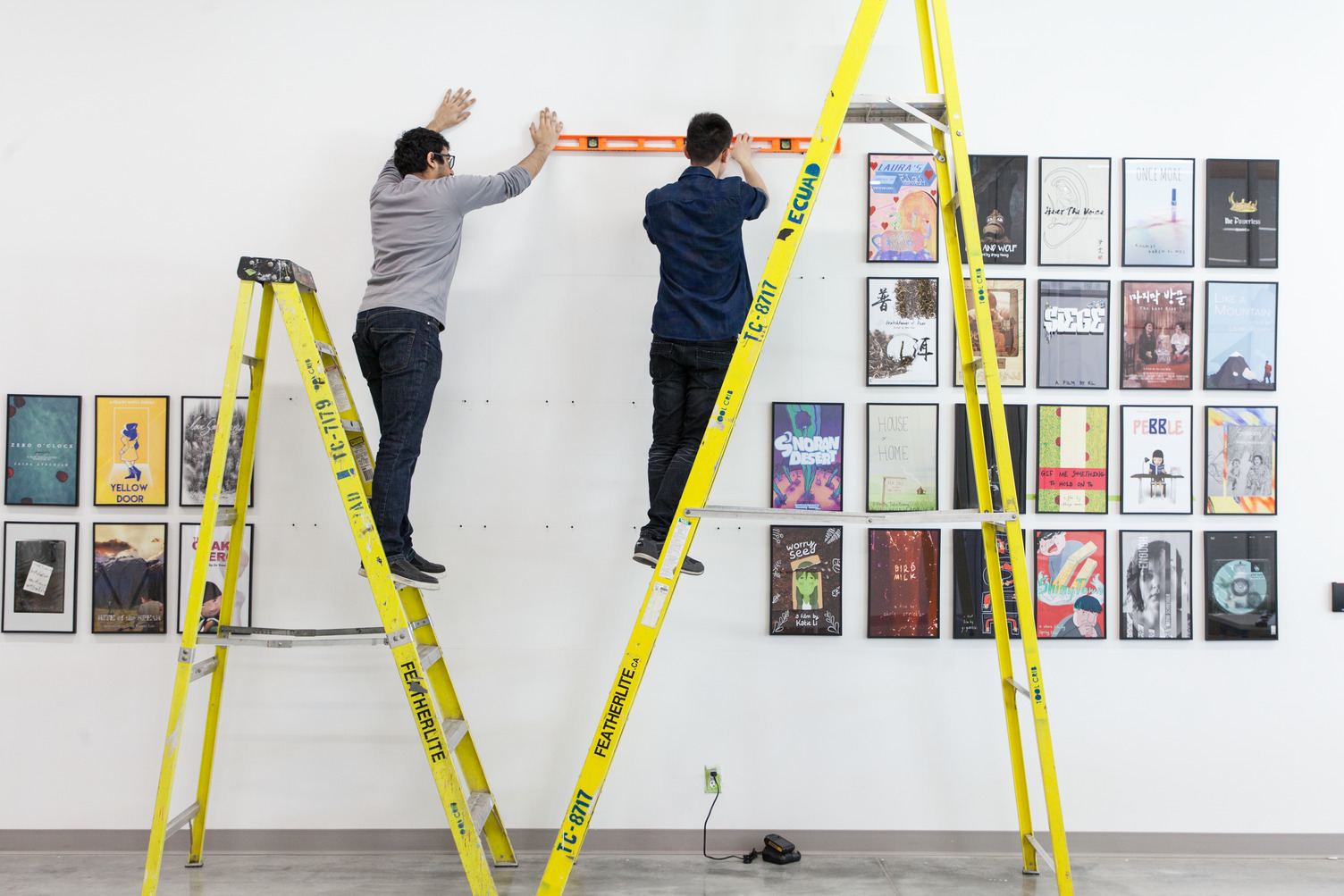New Apprenticeship Program Aims to Boost Local Arts Ecosystem

Posted on | Updated
Mentors sought to provide professional experience to student assistants.
A new initiative designed to strengthen local arts communities and support impactful professional development is calling for applications for mentors working in the cultural sector.
Over the next three years, the Art Apprenticeship Network, run by the Shumka Centre for Creative Entrepreneurship at Emily Carr University of Art + Design, will give students experience in real-world, hands-on settings such as studios, production spaces and exhibition venues.
Made possible by a generous gift from the RBC Foundation, the initiative will see 14 students per year placed as paid assistants with local working artists as well as cultural-sector professionals who are affiliated with a not-for-profit organization.
“At RBC, we believe support for the arts is crucial to building vibrant communities and strong economies,” says Teresa Perri, RBC's Regional Vice President, Vancouver. “We are proud to be long-time supporters of those values through our partnership with Emily Carr University, and we are thrilled to help give both emerging and established artists a chance to advance their careers and develop new, creative opportunities through the Art Apprenticeship Network initiative.”
Designed to build and strengthen the local art ecosystem through a part-time apprenticeship model, the program aims to create opportunities for paid work, social connection, and practical experience for emerging practitioners. Meanwhile, the program builds local capacity and supports established artists by connecting them with assistants at no cost.
“Strong networks within the art community are key,” says Kate Armstrong, Director of Living Labs at ECU, which developed and now operates the Shumka Centre. “Artists not only learn from other artists, but they both create and are fed by collaborative activity. Collaboration and connection lead to the development of new exhibitions and publications as well as to innovations in practice, communities of discourse, and larger cultural movements.”
The Art Apprenticeship Network is the first local framework to integrate emerging artists into the arts community through apprenticeship, though it also fits squarely into a tradition which stretches back into Emily Carr’s history.
“Strong mentorship connections between our students and established artists have existed since the school’s establishment in 1925, but a lack of arts funding has made it difficult for students and artists to maintain this bond in recent years,” says Shannon McKinnon, Director, Career Development + Work Integrated Learning at ECU.
“RBC’s vision and generosity in supporting this initiative will not only help Emily Carr’s emerging artists but will provide a vital resource to the creative community in Vancouver.”
Once established artists, curators and cultural-sector professionals provide a well-defined project or scope of work for a prospective apprentice, the Shumka Centre will provide the opportunities to the Emily Carr students. The students will be picked by the mentors to apprentice for approximately 150 hours, depending on the scope and timeline of the project. Apprentices will be paid by Emily Carr University, and there are no participation costs for mentors.
Professionals in curation, studio arts, gallery management, art handling, archiving and related professions can apply here with a proposal for a one-on-one mentorship opportunity.
Apprentice roles may include studio production and fabrication work, administrative tasks, assisting with documentation or and post-production of artworks, packaging, shipping and handling works, or contributing to archive management or communications materials.
The deadline for proposals is November 13, 2019.